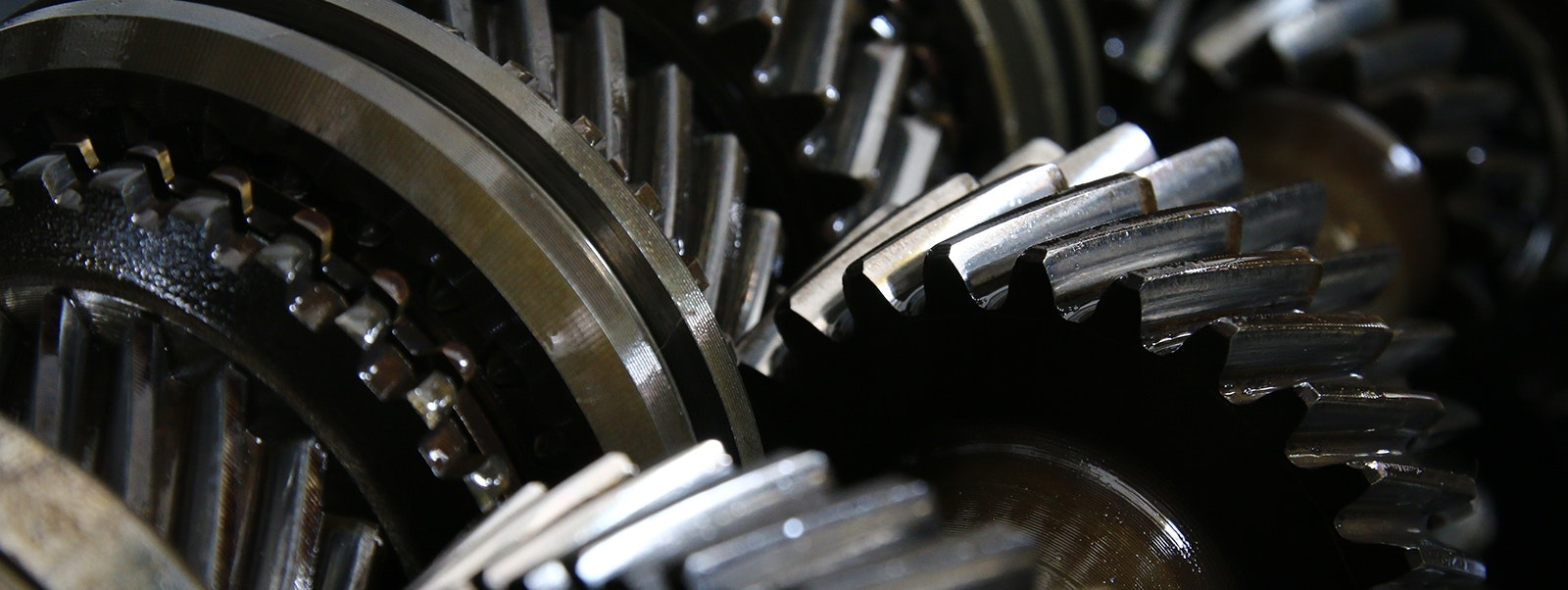This piece was first published on May 8, 2020.
ANTICIPATING THE COMPLEXITY OF A SYNCHRONOUS PRODUCTION RE-START
THE TIME TO ACT IS NOW
In early March 2020, European and North American countries started to implement quarantine measures to slow down the progression of COVID-19. Heavily affected by these measures, many manufacturing facilities are progressively slowing or shutting down. As of today, some countries, for example the United States, are still in the process of ramping down (phase #1), others, such as Italy and France, are in standstill (phase #2), while some, like China, are already ramping up again (phase #3). Since many of the Western world countries are transitioning from phase #1 to phase #2 or are already experiencing a collective standstill of manufacturing facilities, now is the time to prepare for the ramp-up after the crisis.
The ramp-up after the COVID-19 standstill will be significantly more complex because it requires manufacturers to re-start multiple production lines and even different plants at the same time or within a short time frame
In comparison to an ordinary launch scenario, the ramp-up after the COVID-19 standstill will be significantly more complex because it requires manufacturers to re-start multiple production lines and even different plants at the same time or within a short time frame. In parallel, they are dependent on the entire supply chain being ready and able to meet the demands. This synchronous start-up will require readiness along the supply chains and across the various disciplines, such as production, supplier management, logistics, quality and engineering.
Now, the industry players need to prepare for the upcoming re-launch by establishing visibility of potential bottlenecks within the supply chain. This includes internal processes, for example purchasing and logistics, which are heavily affected by the COVID-19 travel limitations.






